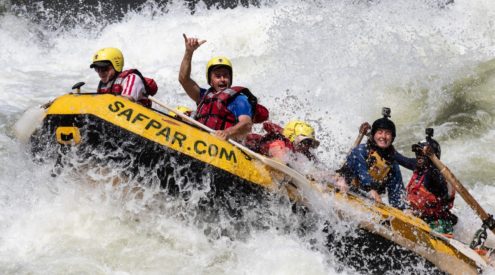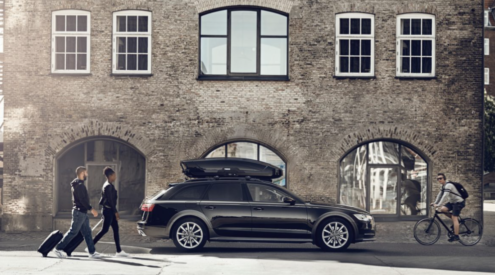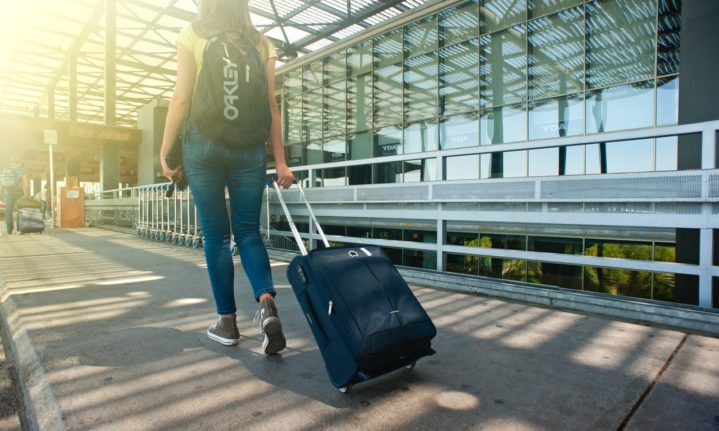Airports typically conjure up images of passengers in long lines, fumbling with papers waiting to be checked in. Or hurriedly having to turn around to fetch your passport that you forgot at home.
All of this could be a thing of the past, as more airports over the world are employing biometric technology to speed up the boarding process.
The latest facial recognition technology was installed yesterday, 8 October at JFK International Airport in Queens, USA.
Lufthansa has deployed the paperless, high-tech boarding process – which uses facial recognition technology to verify travelers with a photo capture, according to New York Post.
‘It’s become crucial for airports and airlines to adopt biometric capabilities along the processes which require interaction with the traveler, therefore enhancing and scaling operational capacity for growing quicker within their existing footprint,’ said Miguel Leitmann, the CEO and founder of Vision-Box.
Vision Box is the company that brought the new boarding method to JFK through a partnership with US Customs and Border Protection and Terminal One Group Association.
When a passenger approaches a self-boarding gate, a biometric-enabled camera installed in the gate captures the passenger’s facial image. Assuming your features match your identity and a valid booking for the specific flight, you are allowed to move forward, without showing any documents or having to interact with boarding officers.
The USA is not the first country to use this new technology at airports, and others are expected to follow suit.
Privacy issues have however, been raised. Ranging from concerns about consent to the process, to the possibilities of misuse of passengers’ biometric information by private companies, various reactions have arisen from the public and non-profit organizations among others.
Boarding an international flight from the US to Mexico, New York-based journalist MacKenzie Fegan recently tweeted to American airline JetBlue, asking them to explain the process.
This was after her face had been scanned before she even knew it was happening, according to CNN Travel. ‘Did facial recognition replace boarding passes, unbeknownst to me? Did I consent to this?’
About 10 minutes later, Fegan received a reply: ‘You’re able to opt out of this procedure, MacKenzie. Sorry if this made you feel uncomfortable,’ read the response.
Non-profit organization Fight for the future, which campaigns for freedom of expression online, launched an interactive map highlighting which airports in the US use the technology. It also has a list of which airlines still operate what it calls ‘surveillance-free’ flights.
‘We see facial recognition as a uniquely dangerous form of surveillance technology. We see it as similar to nuclear or biological weapons in terms of the potential harm that it poses to human society,’ Evan van Greer, deputy director at Fight for the Future, told CNN Travel.
Facial recognition systems will likely be implemented in South Africa too (especially with the new e-visas pilot scheme launching next month), although it is unsure as to when.
It looks like air travellers will have to decide between fast, hassle-free boarding at airports and giving their biometric information to airports and airlines, including the implications it may bring.
Image: Pexels


















